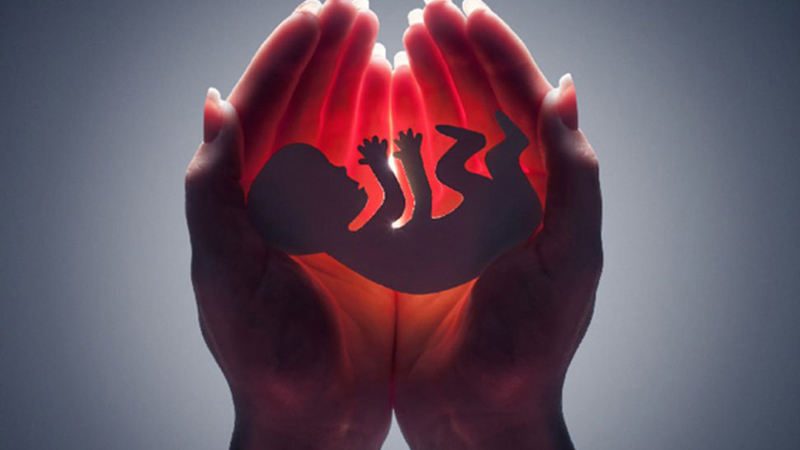
Recurrent Abortion
Unexplained infertility is a diagnosis given to couples who have been unable to conceive despite undergoing standard infertility evaluations that show no identifiable cause. This condition can be particularly frustrating because it lacks a clear path to treatment. Here’s an overview:
Definition
Unexplained infertility is typically diagnosed when a couple has tried to conceive for at least a year (or six months for women over 35) without success and all standard tests (such as semen analysis, ovulation tracking, and fallopian tube patency tests) come back normal.
Possible Factors
Even though the exact cause remains unidentified, several factors may contribute to unexplained infertility:
- Egg Quality and Quantity: Subtle abnormalities in egg quality or quantity that are not detectable by standard tests.
- Sperm Function: Issues with sperm function or subtle abnormalities not identified in a semen analysis.
- Fertilization Issues: Problems with the egg and sperm meeting or fertilizing properly.
- Embryo Development: Early embryo development issues that prevent implantation.
- Uterine or Endometrial Factors: Subtle uterine or endometrial issues that standard tests might miss.
- Immune System Factors: Immune responses that affect fertility.
- Lifestyle Factors: Stress, diet, and environmental factors.
Diagnosis
The diagnosis of unexplained infertility is made after thorough testing, which typically includes:
- Semen Analysis: To assess sperm count, motility, and morphology.
- Ovulation Testing: Confirming regular ovulation through hormone tests or ultrasound.
- Tubal Patency Tests: Hysterosalpingography (HSG) or laparoscopy to ensure fallopian tubes are open.
- Uterine Evaluation: Ultrasound or hysteroscopy to check for abnormalities in the uterus.
- Hormonal Testing: Assessing levels of hormones such as thyroid hormones, prolactin, and ovarian reserve markers (e.g., AMH, FSH).
Treatment Options
Treatment for unexplained infertility often follows a stepwise approach, increasing in complexity and invasiveness if simpler methods are unsuccessful:
-
Lifestyle Modifications:
- Diet and exercise improvements.
- Reducing stress through relaxation techniques or counseling.
- Avoiding smoking, excessive alcohol, and caffeine.
-
Medications:
- Ovulation Induction: Clomiphene citrate or letrozole to stimulate ovulation.
- Gonadotropins: Injectable hormones to stimulate multiple follicles.
-
Intrauterine Insemination (IUI):
- Sperm is washed and concentrated before being placed directly into the uterus around the time of ovulation.
-
In Vitro Fertilization (IVF):
- Eggs are retrieved from the ovaries and fertilized with sperm in the lab. The resulting embryos are then transferred to the uterus.
-
Advanced Treatments:
- Intracytoplasmic Sperm Injection (ICSI): A single sperm is injected directly into an egg during IVF.
- Preimplantation Genetic Testing (PGT): Testing embryos for genetic abnormalities before transfer during IVF.
Psychological and Emotional Support
Unexplained infertility can be emotionally challenging. Support is crucial:
- Counseling: Individual or couple’s therapy to address emotional and psychological impacts.
- Support Groups: Connecting with others experiencing similar challenges.
- Stress Reduction: Techniques such as mindfulness, yoga, and acupuncture.
Prognosis
The prognosis for couples with unexplained infertility varies:
- Natural Conception: Some couples may conceive naturally over time.
- Treatment Success Rates: Success rates for treatments such as IUI and IVF are generally good, though they depend on factors like age and overall health.
Research and Future Directions
Ongoing research aims to better understand and treat unexplained infertility. Advances in reproductive technology and genetic testing hold promise for improving diagnosis and treatment outcomes.
Unexplained infertility is a complex and often frustrating diagnosis, but there are various treatment options and support mechanisms available. Working closely with a fertility specialist can help tailor a treatment plan suited to individual needs and circumstances.
